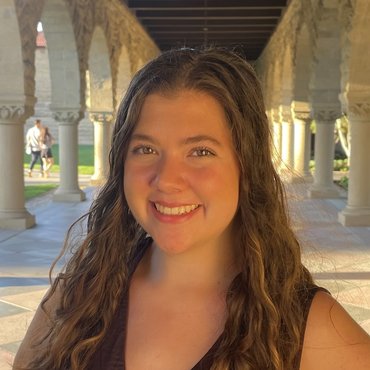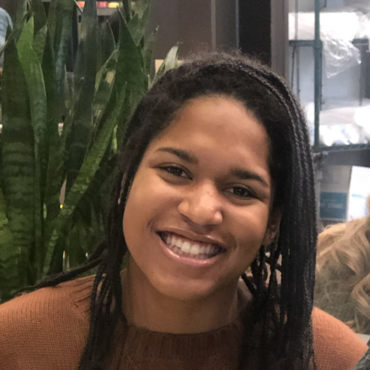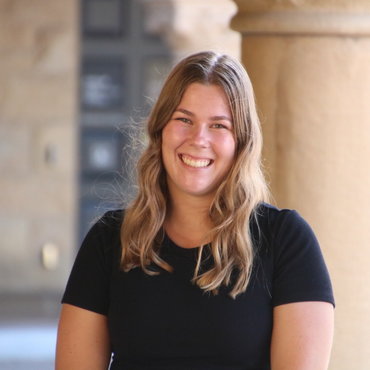
Anika Sinha, '21
Hidden in Plain Sight: Deconstructing the Mental Health Stigma
Content Warning: This post contains information related to self harm and mental illness that can be difficult to review. Please make use of campus resources such as Vaden Health Center's Counseling & Psychological Services and The Bridge Peer Counseling Center to support your safety and well-being.
"I cut myself pretty often. I want to stop but I can't. How do you stop?"
My teaching partner and I stared at this card for longer than usual, then glanced at each other, unsure of how to proceed.
I am a classroom teacher for Health Education for Life, Partnerships for Kids (HELP4Kids). Every Friday, I teach health education to sixth graders at a local middle school. Topics include mental health and wellness, exercise, nutrition, drugs and alcohol, and sleep. Most of my days in the classroom are full of giggles and interrogations about the college experience.
Questions can range from: "What classes are you taking?" to "How often do people get drunk?"
HELP4Kids lets me escape the Stanford bubble for a brief hour and immerse myself in the colorful world of a middle school classroom. Regardless of my mood on campus, I trust the kids to bring a smile to my face… but this is not always the reality.
At the end of every class, we hand out notecards to the students, so they can ask anonymously any questions they may be uncomfortable to ask in front of the class. The topics we discuss can be quite sensitive and personal, so we want to give space for deeper discussions. Some of the notecards are random sketches pulled out of wild 11-year-old imaginations, some are simple "thank you's," and some even contain memes. However, the majority include thoughtful comments or questions about the day's lesson.
The day we taught a lesson about mental health, I knew we would receive some sensitive questions. But I was still stunned and unprepared to find out that one of my students was struggling so deeply. This indicated my own naiveté.
"How could someone so young be afflicted to the point of hurting themselves?" I thought.
After reflecting for a while, I realized that this very mindset was part of the problem. Instead of marveling at how problems like this could even exist, I needed to consider the underlying systemic issues perpetuating my surprise. This child had obviously been hiding this issue. Without the notecards we passed out, they would not have had a platform to speak up. Their reluctance to ask for help ultimately boils down to the stigma attached to mental health issues, a problem that ravages our society.
After reading the notecard, my co-teacher and I reached out to the classroom teacher and school nurse immediately to address the situation. They informed us that they knew the student who wrote the note, and would follow up imminently to ensure they received proper care.
Experiences like this one have shown me that reducing stigma around mental illness is of paramount importance, especially when it comes to adolescents. More notecards from the students in HELP4Kids revealed similar themes, and those were just from the ones who were brave enough to speak up.
I know I am just barely scratching the surface of this issue, but I am doing what I can to reduce this stigma on campus. As a residential assistant and co-president of Stanford Mental Health Outreach, I have been committed to normalizing conversations about mental illness through speaker panels, mental health short films, and fostering vulnerability with my residents. The more these conversations occur, the more students will be able to admit to themselves and to others that they are struggling. This is the first step toward healthily managing life with a mental illness.
My experiences are teaching me that mental illness is relentless: nobody—no matter their age, gender, career, income, education—is given a free pass. If someone seems too young or too accomplished to be battling with it internally, I need to think again. To combat stigma, we need to foster platforms where people can speak openly about their struggles, without fear of judgement... and, most importantly, with the promise of support.


